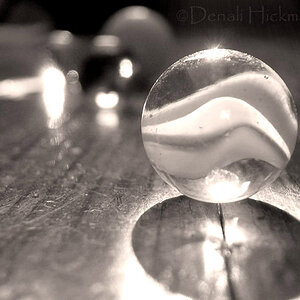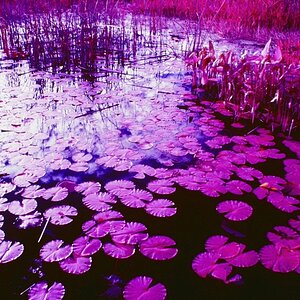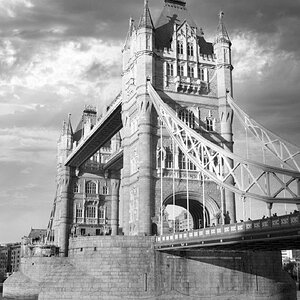photopro234
TPF Noob!
- Joined
- May 14, 2012
- Messages
- 23
- Reaction score
- 0
- Location
- Wadsworth
- Can others edit my Photos
- Photos NOT OK to edit
I am interested in hearing performance reports on Canon EOS 70D. Is it everything that the company says it can do? I am going to use one to use for wedding photography.


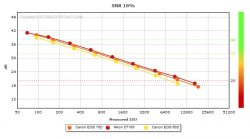
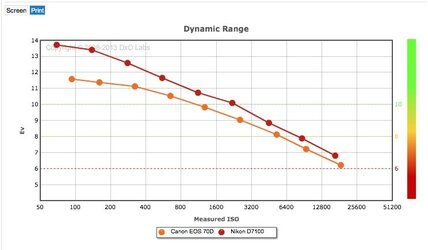

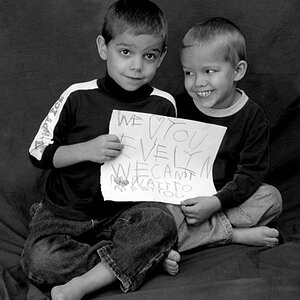
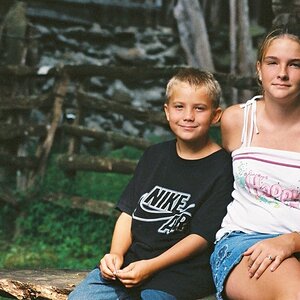
![[No title]](/data/xfmg/thumbnail/34/34114-dd12be026979ccd4182c5f478bd91448.jpg?1619736284)
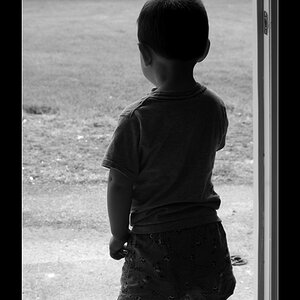
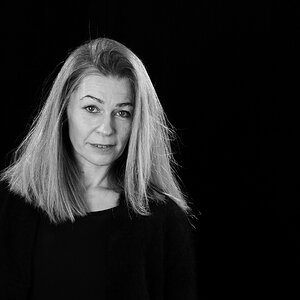
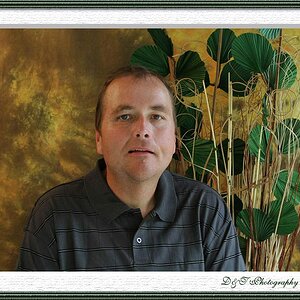
![[No title]](/data/xfmg/thumbnail/35/35215-cb01ff31834a4ee952045622f00781a5.jpg?1619736952)
![[No title]](/data/xfmg/thumbnail/37/37605-90c8efaef5b7d1f52d4bf8e7dfd33673.jpg?1619738148)
![[No title]](/data/xfmg/thumbnail/37/37606-3c9ffb5906173fa2aa489341967e1468.jpg?1619738148)
